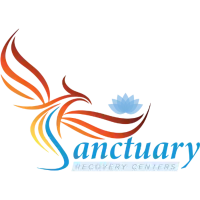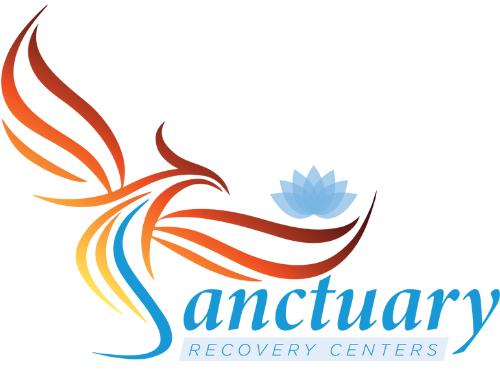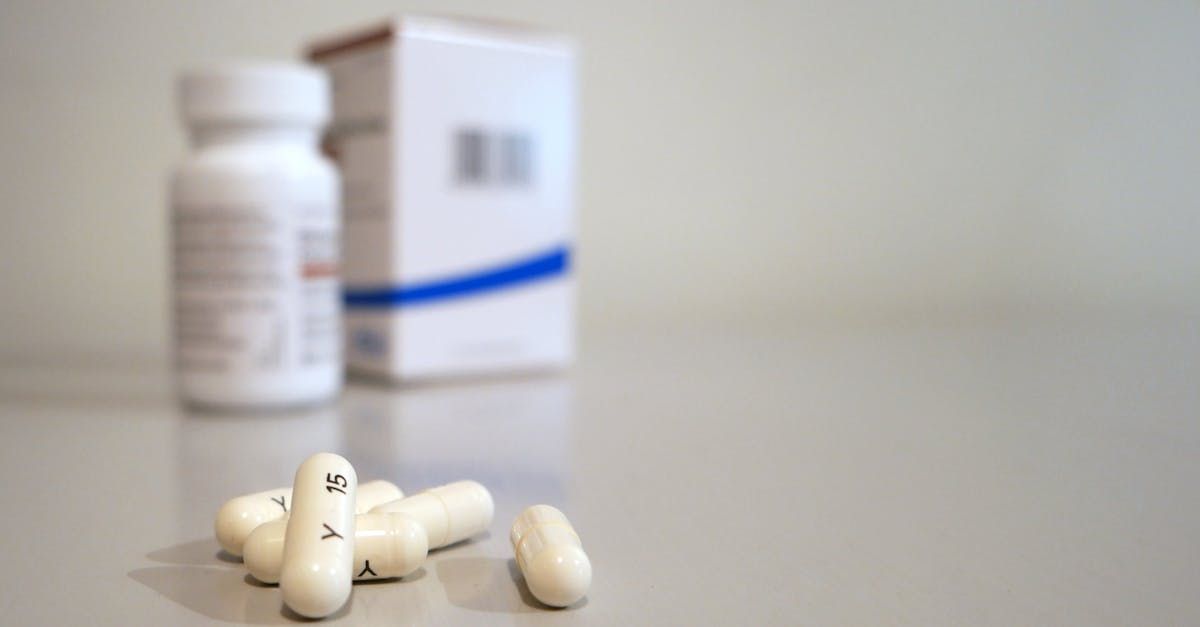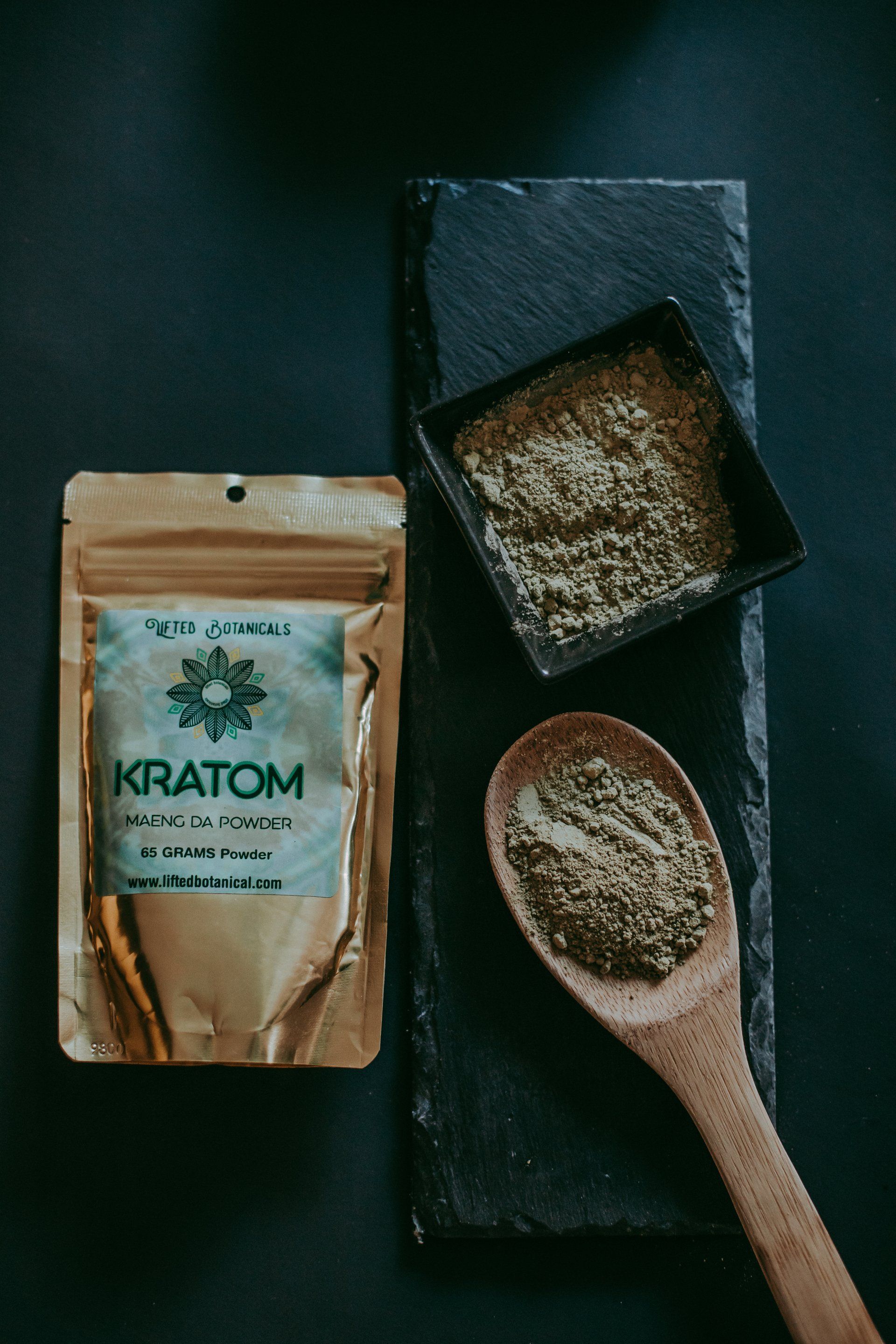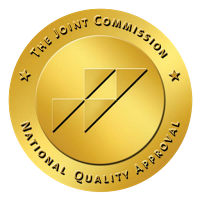Get Help With Your Addiction

Addiction Recovery
November 11, 2023
Are you ready to break free from addiction and reclaim your life?
In this article, we will guide you through the journey of addiction recovery. You will gain a deeper understanding of the addiction cycle, learn how to build a strong support system, explore effective treatment options, and discover strategies for overcoming relapse triggers.
With our help, you can develop long-term strategies to maintain sobriety and create a brighter, healthier future.
Understanding the Addiction Cycle
Understanding the Addiction Cycle involves recognizing the patterns and behaviors that perpetuate addiction. It's crucial to understand that addiction isn't just a one-time event or a series of isolated incidents. It's a continuous cycle that keeps repeating unless broken.
This cycle typically consists of four stages: the trigger, the craving, the behavior, and the aftermath. The trigger is the initial event or thought that sets off the addictive behavior. It could be stress, boredom, or a specific environment.
The trigger then leads to intense cravings, where the individual feels an overwhelming urge to engage in the addictive behavior. The behavior stage involves actually carrying out the addictive act, whether it's substance abuse or a compulsive behavior.
Building a Strong Support System
To successfully navigate addiction recovery, it's essential to establish a strong support system. This support system should include trusted individuals who can provide guidance, encouragement, and accountability throughout your journey.
Building a strong support system is crucial because it helps you stay motivated and focused on your recovery goals. These individuals can be your friends, family members, or even professionals such as therapists or support group members. They can offer you emotional support, lend a listening ear, and provide you with valuable advice based on their own experiences.
Additionally, having a support system can help you avoid feelings of isolation and loneliness, which are common during the recovery process. So, reach out to those who care about you and let them be a part of your journey towards a healthier and happier life.
Effective Treatment Options
Explore various evidence-based treatment options to find the best fit for your specific needs and circumstances. Effective treatment options for addiction recovery include medication-assisted treatment (MAT), counseling and therapy, support groups, and residential treatment programs.
MAT combines medication, such as methadone or buprenorphine, with behavioral therapy to help manage withdrawal symptoms and cravings. Counseling and therapy, such as cognitive-behavioral therapy (CBT), can help individuals identify and change negative thought patterns and behaviors related to addiction.
Support groups, like Alcoholics Anonymous (AA) or Narcotics Anonymous (NA), provide a community of individuals who understand the challenges of addiction and offer support and encouragement. Residential treatment programs offer comprehensive care in a structured environment, providing therapy, support, and education.
It's important to consult with a healthcare professional to determine the most effective treatment option for your recovery journey.
Overcoming Relapse Triggers
Identify the specific triggers that may lead to a relapse in your addiction recovery journey. It's crucial to recognize and understand these triggers to effectively overcome them. Triggers can vary from person to person, but common ones include:
- Stress
- Negative emotions
- Social situations involving substance use
- Being around people or places associated with your addiction
By identifying these triggers, you can develop strategies to avoid or cope with them. For instance, finding healthy ways to manage stress, such as exercise or meditation, can help prevent relapse. Additionally, building a strong support network and avoiding high-risk situations can also be beneficial.
Long-term Strategies for Maintaining Sobriety
As you continue your addiction recovery journey, it's important to implement long-term strategies that will help you maintain sobriety. One effective strategy is to build a strong support system. Surround yourself with people who understand and support your recovery goals. This can include friends, family, or support groups.
Another important strategy is to develop healthy coping mechanisms. Find alternative ways to deal with stress or negative emotions, such as exercise, meditation, or engaging in hobbies. It's also crucial to establish a daily routine that promotes structure and stability. Having a schedule can help you stay focused and avoid triggers.
Additionally, it's essential to prioritize self-care and engage in activities that promote physical, mental, and emotional well-being.
Frequently Asked Questions
How Long Does the Addiction Recovery Process Typically Take?
Typically, addiction recovery can take time. It's important to remember that everyone's journey is unique. The duration of the process depends on various factors, such as the type of addiction and individual circumstances.
Can Addiction Recovery Be Successful Without the Support of a Strong Support System?
Without a strong support system, addiction recovery can still be successful, but it may be more challenging. Having people who understand and support you can provide encouragement and help you navigate through the difficult times.
Are There Any Alternative Treatment Options for Addiction Recovery Aside From Traditional Methods?
Are there alternative treatment options aside from traditional methods?
Yes, there are. These options can include holistic approaches, such as meditation and acupuncture, as well as therapies like cognitive-behavioral therapy and motivational interviewing.
How Can One Identify and Manage Their Personal Relapse Triggers During the Recovery Process?
To identify and manage your personal relapse triggers during recovery, pay attention to situations, emotions, or people that make you crave substances. Develop coping strategies, seek support, and practice self-care to effectively navigate these triggers and maintain your sobriety.
What Are Some Common Challenges Individuals Face When Trying to Maintain Sobriety in the Long Term?
Maintaining sobriety in the long term can be challenging. You may face triggers, cravings, and temptations.
It's important to stay strong, seek support, and develop healthy coping mechanisms to overcome these obstacles and continue your journey of recovery.
The Challenging Journey of Addiction Recovery
Addiction recovery is a challenging journey that requires understanding the addiction cycle, building a strong support system, and utilizing effective treatment options.
It's crucial to overcome relapse triggers and implement long-term strategies for maintaining sobriety. By staying committed and seeking help when needed, you can overcome addiction and live a healthier, happier life.
Remember, you aren't alone in this journey, and there's always hope for a brighter future.
